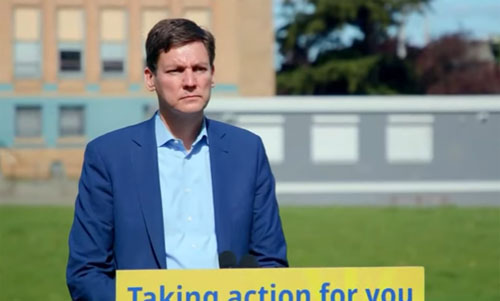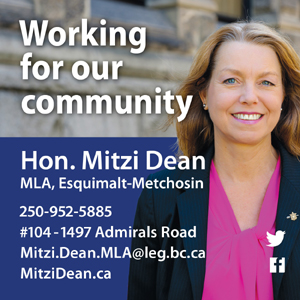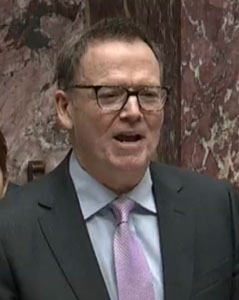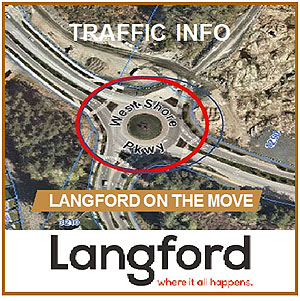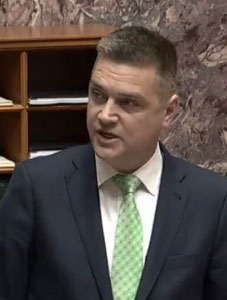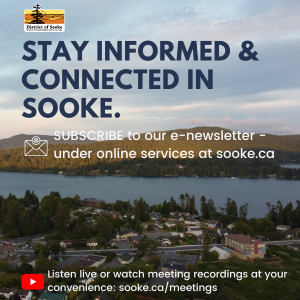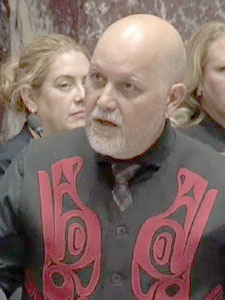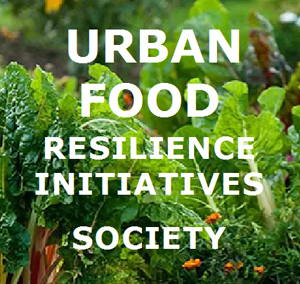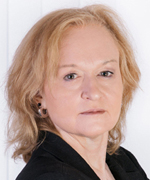Tuesday May 14, 2024 | VICTORIA, BC [Last update 3:15 pm]
Political editorial analysis by Mary P Brooke | Island Social Trends
BC’s NDP premier is painting the Conservative Party of BC as “dangerous” and saying that Conservative Party of BC Leader John Rustad and his party is not reflecting the values of British Columbians.

That comment was made during a live media session today in Victoria.
People who don’t follow politics every day may just dismiss this as campaign mudslinging.
But the very fabric of what BC has become — in terms of building a strong safety net for the widest range of people — rests in the success of the BC NDP returning to power as government. Arguably the overall well-being of women and families has a better shot with an NDP government than any government that would lean right or start eliminating social and economic safety net programs.
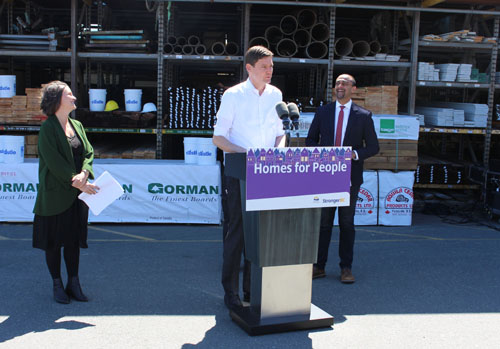
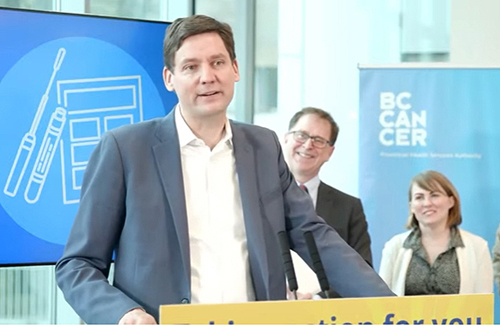
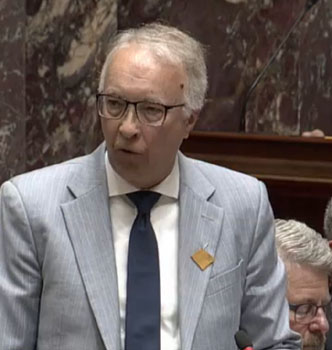
It’s not a new saying, but Premier David Eby articulated today that election day is “the poll that really matters”.
After the current legislative session wraps up on May 16, campaigns will be ramping up through the summer and into the fall toward the October 19, 2024 provincial election.
How does Eby define ‘dangerous’? He says that Rustad and the Conservatives are planning to cancel ICBC refunds, that they favour short-term rentals in stratas that displaces housing, and that they’ve put into question a woman’s right to choose.
“These are not the values of British Columbians,” said Eby.
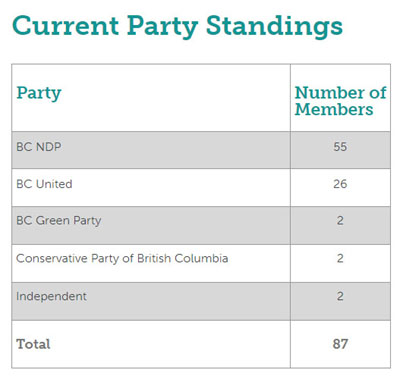
BC Conservatives quick profile:
So far the Conservative Party of BC has 62 candidates. In that regard — as well as capturing the interest of ‘common sense’ passions among the public — they are looking like the strongest force to take votes away from the NDP in the upcoming October 19 election.
Rustad has brought hot-button issues to the fore during his time in the BC Legislative Assembly this year including gender issues for children and in public school education.
The Conservatives of BC also want to ‘end the ICBC monopoly’, ‘get gas prices under control’, ‘stabilize the housing market’, and strengthen privatization in the child care sector.
The party says they stand for lower taxes and smaller government, balancing the budget and championing small business. They want to ‘scrap the carbon tax, expand LNG, and get pipelines built’.
Last week of a seven-year run:
This is the last week of the legislative session in the current 87-seat BC Legislative Assembly. This brings to a close a seven-year run by the current flavour of BC NDP governance, that was ushered in by John Horgan in 2017, and handed over to Eby in 2022.
Election campaigning will ramp up through the summer toward the October 19, 2024 BC provincial election. The NDP government’s dramatic changes to housing legislation aimed at increasing housing supply will be a key plank of the BC NDP campaign but also a target for the opposition.
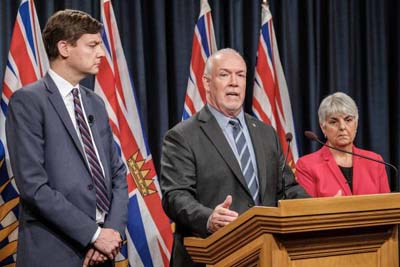
After that, there will be 93 seats in the house, with many new and re-elected MLAs representing revised electoral areas (boundaries were revised for this year’s election based largely on population increases). The number of ridings on Vancouver Island will increase to 15 from 14 (with three newly-boundaried ridings in the South Vancouver Island area).
Returning the BC NDP to a majority government (even with reduced seats from their current 55 out of 87) will support the continuation of ‘people first’ as the guiding principal of socioeconomic policy in this province.
Populations naturally tire of certain approaches and will say they ‘want change’. But turning BC’s momentum upside down by turfing the BC NDP majority would, in 2024, seem unsafe for maintaining the gains that many people, families and communities have found delivered to their doorsteps by the current government.
The first BC NDP government was formed in 2017 through a Supply and Confidence Agreement with the BC Greens (with three MLAs at that time). With a snap election in 2020, the NDP produced a full majority for their party in the BC Legislature.
Campaign colours note: for many years orange was the full-on branding colour of the BC NDP. Once Horgan was in power the colour blue was introduced. Blue implies the colour of a stable government (used the BC Liberals during 2001-2016) and smacks of neutral government dwelling at the center of the political spectrum.
Quick peak at the other opposition:
So far this season, Eby has barely mentioned BC United (formerly BC Liberals) or the BC Green Party in his election rhetoric. Not that he would need to.
BC United Party:
The BC United Party led by Kevin Falcon takes a conservative-style, pro-business, pro-policing direction in most things. Since changing their party name from the BC Liberals (including their branding colours to teal and magenta instead of the mainstream dark blue with red) their loss of momentum in the general public domain has been significant.
Lately the magenta (dark pink) colour seems to be inching back toward red on the BC United website. The initial thinking on dropping red was to try and lose the association with federal Liberals (for which red is the party colour).
The BC United Party has been struggling to clarify their lane in the political spectrum — they’re not quite as right-leaning as the BC Conservatives but can’t quite been seen as centrist. They do stick up for anti-racism. They are pro-business and free enterprise which doesn’t always result in the best of things for everyday folks.
“An unfortunate error allowed them (the NDP) to get back into government” in 2017, said Falcon during Question Period today in the Legislative Assembly, which is a good example of the sniping that is frequently heard from that side of the house. It also means that Falcon questions the decision of the Lieutenant Governor of the day (Judith Guichon) who chose to bring NDP and Greens together in 2017 to form a progressive majority.
Today in the Legislative Assembly, NDP Government House Leader Ravi Kahlon claimed that the BC Liberals used to be a real champion of climate change (the carbon tax was first introduced under the BC Liberals under former Premier Gordon Campbell).
“They used the MSP (medical service plan) as their own little bank account,” said NDP Finance Minister Katrine Conroy today about the former BC Liberals. Raising taxes and cuts to services is articulated by the NDP as how the BC United Party would proceed if they were to form government.
More sniping without the broader view, laying at the feet of the BC NDP things that are economically global in nature like higher prices for gas and groceries. “The only people who are getting rich are insiders and management consultants,” said BC United Finance Critic Peter Milobar today, whereas there was no shortage of that sort of activity under the previous BC Liberal government.
Today Official Opposition (BC United) House Leader Todd Stone spoke about affordability issues, saying the NDP approach “rings hollow”. The BC United speaks up for people struggling in this economy but seems to neglect the impact of global economic forces like inflation, high interest rates and supply chain challenges.
Renee Merrifield, MLA (BC United Shadow Minister for Environment & Climate Change, Technology & Innovation) said ‘practical solutions’ include cutting the carbon tax as if that is the one single thing that will restabilize the cost of living in BC.
Today Falcon said in the Legislative Assembly that he had previously served in government as minister of finance, transportation, health, and deregulation. Now having been in the Official Opposition since 2017, Falcon said today that “not all the best ideas come from government” and “sometimes that’s hard when you’re in government”. Falcon continued: “Occasionally the opposition may have good ideas” (it was the BC United who recently brought forward the idea of blocking name changes by dangerous criminal offenders, which the NDP government has now introduced as legislation to be passed before the end of this legislative session).
So far the BC United have nominated 52 candidates across BC (out of a possible 93 candidates across the spectrum of electoral districts).
BC Green Party:
The BC Green Party brings sharp critique not just to the current government but to issues that other parties rarely if ever bring forward. They are strong on promoting water protection, they’ve been unrelenting on seeing change in the child welfare system, and this year the BC Greens have articulated the inequities being created through the range of new housing legislation, and recently struck out on the dangers of non-disclosure agreements.
Sometimes they seem ‘all over the map’ but they act as a form of conscience to the legislature in a way that a majority government misses opportunities to do.
They promote protection of old growth forest, as recently as today by BC Green (Third Party) House Leader Adam Olsen in the Legislative Assembly.
They try creative marketing ideas to promote certain topics, like when BC Green Party Leader Sonia Furstenau wore an owl mask in her office at the legislature on Halloween last year to promote the threat to the spotted owl species in BC.
Notably the BC Greens have been consistently persistent about fixing the doctor shortage problem in BC, keeping the health-care crisis forefront in public discussion.
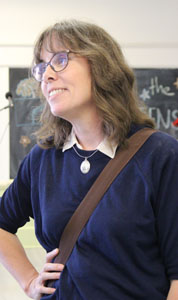
The BC Greens were abandoned by their former high-profile leader Andrew Weaver in 2020 as Horgan geared up to form a majority NDP government without being joined at the hip to the BC Greens.
Furstenau has in some ways put her leadership in jeopardy by choosing Victoria-Beacon Hill as her riding for the 2024 election, where current MLA and cabinet minister Grace Lore is going to get full campaign backing in the riding that was long-held by the NDP under former MLA and Finance Minister Carole James. However, Furstenau said earlier this year that every campaign she’s run she has won.
So far the BC Green Party has nominated 17 candidates across BC (out of a possible 93 candidates across the spectrum of electoral districts). Their party marketing colours are beyond green, having introduced pink as well in recent by-elections as they try to be more than ‘just the party of the environment’ (i.e. green).
Combining the two right-leaning parties:
Evidently BC United leader Kevin Falcon is not ruling out working with the Conservatives. He told media today that the BC Conservatives have an advantage with their name, while BC United has better fundraising and organizational function. Reportedly, the business community has been pushing for the two parties to ‘find common ground’.
But with only five months ahead of the provincial election date, this is almost a pipe dream. It would create some chaos of an administrative nature if candidate nomination identifiers were to be changed, and might confuse voters even further. If the BC United and BC Conservatives were to make more of a ‘handshake deal’ to support each other once the election is done, that could have a stronger legislative impact than trying to ‘cross the streams’ (to use a Ghostbusters thematic phrase) with many election campaign strategies already underway.
===== RELATED:
- NDP’s big housing shift could be ballot box challenge (May 11, 2024)
- Three west shore ridings heating up toward BC Election 2024 (February 12, 2024)
- Green Party Leader Sonia Furstenau shifts to Victoria-Beacon Hill (February 1, 2024)
===== ABOUT THE WRITER:
Island Social Trends Editor Mary P Brooke has been following BC politics through a progressive socioeconomic lens since 2008, through her series of publications: MapleLine Magazine (2008-2010), Sooke Voice News (2011-2013), West Shore Voice News (2014-2020), and now Island Social Trends (2020 to present at IslandSocialTrends.ca).
Mary Brooke’s editorial political insights are intended to be informative in a way that helps voters make their own wise choices.
===== GET ONTO OUR SUBSCRIPTION LIST:
Especially during this current election season — both BC provincial in 2024 and federal leading to the 2025 election — it’s a very suitable time to be a paying Premium Subscriber to Island Social Trends. Subscribers receive articles hot-off-the-press by text link on their phone, and soon again as a biweekly PDF by email. Sign up today.


